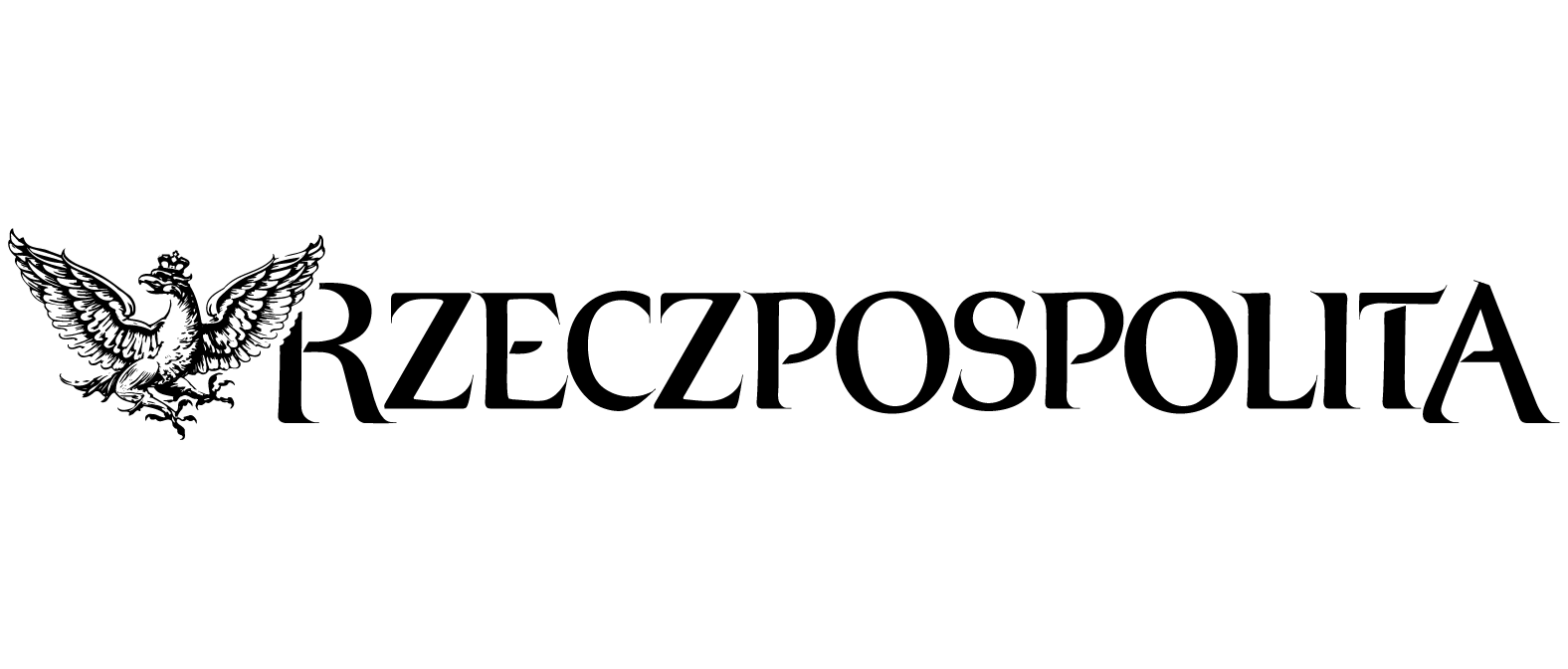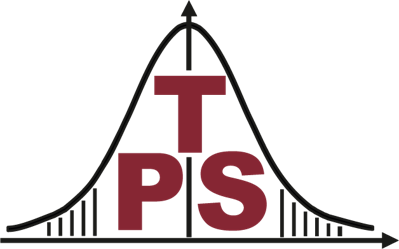Experts who will participate in the MET2023 Scientific Conference Methodology of Statistical Research keynote speakers:
- Prof. Partha Lahiri (University of Maryland, USA),
- Prof. Stefaan G. Verhulst (New York University, USA),
- Xuming He, H.C. Carver Professor of Statistics.
Prof. Partha Lahiri is Professor and Director of the Joint Program in Survey Methodology (JPSM) and Professor of Department of Mathematics at the University of Maryland College Park (UMD), and an Adjunct Research Professor of the Institute of Social Research, University of Michigan, Ann Arbor. Prior to joining UMD, prof. Lahiri was the Milton Mohr Professor of Statistics at the University of Nebraska-Lincoln. His research interests include survey statistics, Bayesian statistics, data integration, and small-area estimation. He published over 80 papers in peer-reviewed journals, delivered 17 plenary/keynote speeches and over 80 invited talks in professional meetings worldwide. Over the years, prof. Lahiri served on the editorial board of several international journals, including the Journal of the American Statistical Association, Statistics in Transition New Series, and Survey Methodology. He served on several advisory committees, including the U.S. Census Advisory committee and U.S. National Academy panel and served as consultant for international organizations such as the United Nations and the World Bank. Prof. Lahiri is a Fellow of the American Statistical Association and the Institute of Mathematical Statistics and an elected member of the International Statistical Institute. He received the 2021 SAE Award at the 63rd World Statistics Congress Satellite Meeting on Small Area Estimation in recognition of lifetime contributions to small area estimation research. More recently, Prof. Lahiri was awarded the Neyman Medal at a joint session of the 3rd Congress of Polish Statistics and 2022 International Association of Official Statistics (IAOS) held in Krakow, Poland, for outstanding contributions to the development of statistical sciences.
Prof. Stefaan G. Verhulst is Co-Founder of the Governance Laboratory (The GovLab), an action research center focused on transforming decision making using advances in science and technology - including data and collective intelligence. He is also the Co-Founder and Principal Scientific Advisor of The DataTank, based in Brussels, a do-and-think tank that focuses on how to re-use data differently to serve the common good.
In addition, he is a Research Professor at the Center for Urban Science and Progress at the Tandon School of Engineering of New York University; the Editor-in-Chief of the open-access journal Data & Policy (Cambridge University Press); the Research Director of the MacArthur Research Network on Opening Governance; Chair of the Data for Children Collaborative with Unicef; a member of the High-Level Expert Group to the European Commission on Business-to-Government Data Sharing; and of the Expert Group to Eurostat on using Private Sector data for Official Statistics. In addition he is also a member of the UNESCO Information Ethics Working Group; Researcher at the ISI Foundation; VUB Fellow and Member of SMIT at the Free University of Brussels (VUB) and a Senior Advisor to the Markle Foundation where he spent more than a decade as Chief of Research. In 2018 he was recognized as one of the 10 Most Influential Academics in Digital Government globally (by the global policy platform Apolitical).
Previously at Oxford University, he was the UNESCO Chairholder in Communications Law and Policy and co-founded and was the Co-Founder and Head of the Program in Comparative Media Law and Policy at the Center for Socio-Legal Studies. He was the Socio-Legal Fellow at Wolfson College, and is still an emeritus fellow at Oxford. He also taught for several years at the London School of Economics and was Co-Founder and Co-Director of the International Media and Info-Comms Policy and Law Studies (IMPS) at the University of Glasgow School of Law.
He has published widely - including seven books- and his writings and work have appeared in the Harvard Business Review, Stanford Social Innovation Review, Project Syndicate, Wall Street Journal, and The Conversation (among many other outlets). He is asked regularly to present at international conferences including, for instance, TED, Collision, and the UN World Data Forum. Numerous organizations have sought his counsel - including the WorldBank; IDB, CAP, USAID, DFID, IDRC, AFP, the European Commission, Council of Europe, the World Economic Forum, UNICEF, OECD, UN-OCHA, UNDP, UNESCO and several other international and national private and public organizations. He is also a Linkedin Learning instructor seeking to democratize the practice of data stewardship globally.
Xuming He is appointed as the inaugural Chair of the Department of Statistics and Data Science at Washington University in St. Louis. Currently he serves on the Board of Trustees of the National Institute of Statistics, USA, and will serve as the President (2023-2025) of the International Statistical Institute. He served as H.C. Carver Professor of Statistics at University of Michigan from 2011-2023 and Program Director of Statistics at National Science Foundation (USA) from 2003-2005. His research interests include broad areas of robust statistics, semiparametric regression modeling, and post-selection inference. His interdisciplinary research aims to promote the better use of statistics in biosciences, climate studies, concussion research, and social-economic studies.
Professor He is internationally renowned for his scholarship as well as professional leadership. He is a past editor of Journal of the American Statistical Association (JASA) and an elected fellow of the American Association for the Advancement of Science (AAAS). He has received many other honors and awards, including Medallion Lecturer (2007) by the Institute of Mathematical Statistics, Distinguished Achievement Award (2015) from the International Chinese Statistical Association, Distinguished Faculty Achievement Award (2021) from University of Michigan, the Founders Award (2021) from the American Statistical Association, and the Carver Medal (2022) from the Institute of Mathematical Statistics.














